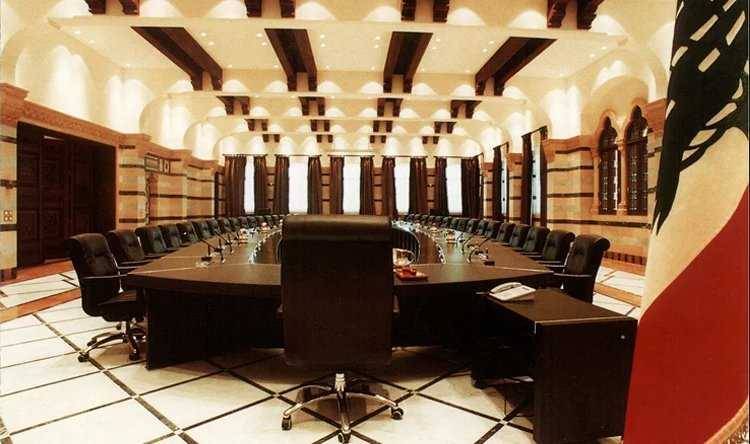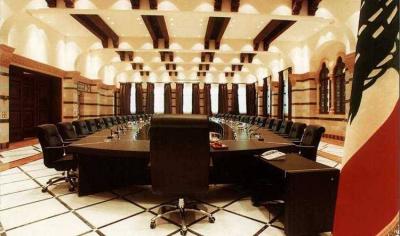From today until the end of the current parliamentary term on the 21st of the month, the days of the Mikati government are numbered, and its tasks will be limited after this date to managing the routine and ordinary affairs of the state and its citizens, as it will become a caretaker government incapable of making important decisions, particularly regarding reforms, appointments to key vacant positions, or decisions related to the conditions of the agreement with the International Monetary Fund. These matters have been postponed until after the elections, likely to the new government that will emerge from this electoral process. However, some observers go even further in their predictions, suggesting that the current government will continue to manage affairs throughout the transitional phase until a new president is elected, due to the difficulty of forming a new cabinet shortly before the presidential elections, stemming from the entrenched obstructionist mentality of the ruling political team and their clashes, coupled with a constitutional challenge. It is natural to expect that the competition among the concerned powers will intensify, as the new government will oversee the presidential elections or continue to manage governance until a new president is elected, which may take time if there is no agreement on the candidate to be elected within the constitutional timeframe.
Former minister and deputy Edmond Rizk said to "Al-Markazia": "Lebanon today lacks statesmen in positions of power and decision, and is governed by two factions: the first has its own sectarian and regional project, while the second is subordinate to be in the front line and benefit from its position. Thus, hope today lies in the will of the Lebanese people to change and in having chosen their representatives from among the competent and the honorable. Otherwise, we will remain where we are in the abyss we have slipped into. The government will transform on the 21st of this month, with the end of the current parliament's term, into a caretaker government managing the regular affairs of the country while awaiting the formation of a new one. In my opinion, this new government will be quite similar to the current one, if not the same, at the level of its presidency, with some changes among its members.
As for the scenario of no immediate agreement on forming a government, it is natural for the government to continue its caretaker role until the presidential elections. Should a new president not be elected in October, the government collectively, that is, the Council of Ministers, will assume presidential duties and make decisions by majority."
Rizk concluded by reminding us that we are living in a de facto situation, where there is no rule of law and constitution, with the major calamity being the lack of capability and competence.




